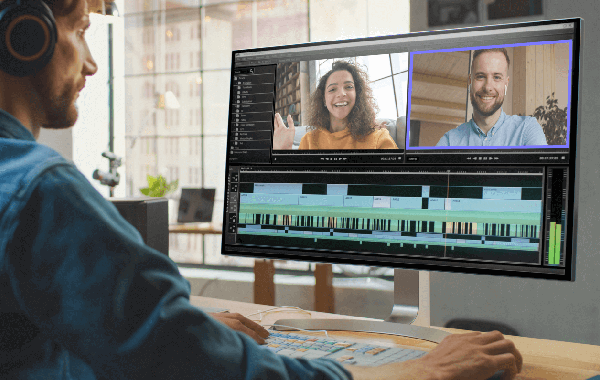Video editing is the process of organizing, cutting, and arranging video clips to create a coherent final product. It involves a combination of technical skills and artistic creativity. Here's a breakdown of the basic steps involved in video editing:
Planning and Pre-Production
Define your goals: Determine the purpose of your video (e.g., documentary, commercial, tutorial).
Create a storyboard: Visualize the sequence of shots and transitions.
Gather your footage: Collect all the video clips, audio files, and other assets you'll need.
Importing Footage
Transfer footage: Move your video files from your camera or storage device to your computer.
Organize your files: Create folders to keep your footage organized.
Editing
Choose your software: Select any popular video editing software.
Create a timeline: Arrange your clips in the desired order.
Trim and cut: Remove unwanted parts of your clips.
Add transitions: Smoothly connect clips with effects like fades, wipes, or dissolves.

Adjust audio: Adjust volume, add music, or remove background noise.
Add effects: Apply special effects like slow motion, speed up, or filters.
Color grading: Adjust the color balance and tone of your video.
Adding Text and Graphics
Insert text: Add titles, subtitles, or captions.
Include graphics: Use images, logos, or animations to enhance your video.
Exporting
Choose a format: Select the appropriate format based on your intended use (e.g., MP4, MOV, AVI).
Set resolution and quality: Determine the desired resolution (e.g., 1080p, 4K) and quality settings.
Export your video: Save the final edited version to your computer.
By following these steps and continuously learning, you can create professional-looking videos that effectively convey your message.


No comments yet, come on and post~